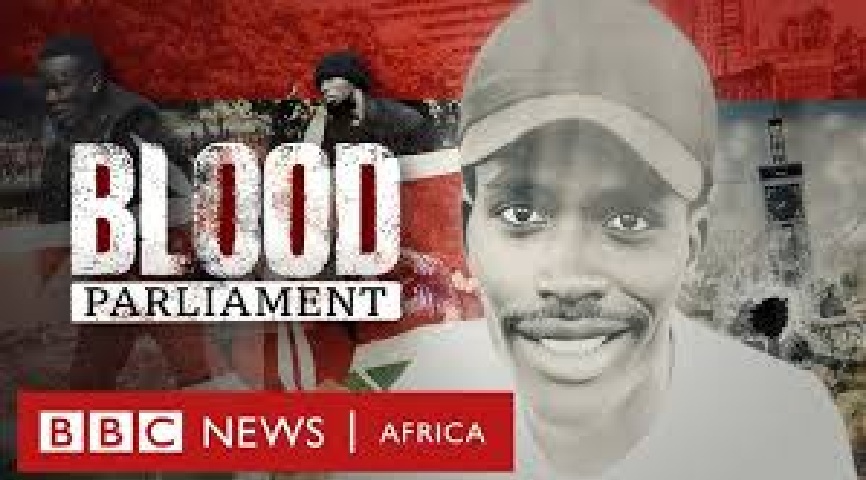Homa Bay Town Member of Parliament, Peter Kaluma, has strongly condemned the British Broadcasting Corporation (BBC) over its recent documentary titled “Blood Parliament”, which focuses on the use of force during last year’s Gen Z-led protests in Kenya.
The documentary has stirred widespread debate across the country, drawing both praise and criticism. Taking to his Twitter page, Kaluma voiced his displeasure with the BBC and its regional division, BBC Africa, accusing them of biased reporting.
In his remarks, Kaluma drew a comparison between the protests in Kenya and the 2021 Capitol Hill riots in the United States, where demonstrators stormed the U.S. Capitol Building, questioning the international media’s differing narratives around such events.
He pointed out that, despite the seriousness of the Capitol Hill breach, BBC did not produce a documentary titled “Blood Parliament” about it.
Kaluma accused the BBC of applying double standards in its coverage of African issues, claiming the network treats the continent unfairly compared to others.
He further described the Blood Parliament documentary as not only misleading but also potentially dangerous. According to Kaluma, the title, timing, and content of the film appear deliberately crafted to provoke public outrage and destabilize Kenya.
He also questioned why BBC Africa had not been held accountable more than 24 hours after releasing what he termed a distorted and inflammatory report.
“It is unfortunate that @BBCAfrica has not been sanctioned,” Kaluma wrote.
He also called on authorities to take action against, what he referred to as “reckless journalists” who he believes, are using international media platforms to interfere with Kenya’s peace and stability.
Kaluma insisted that while media freedom is important, it must be used responsibly. He said that publishing sensitive content, that could incite division or unrest in the country is unacceptable.
“We shouldn’t allow reckless journalists to use foreign media to destabilize Kenya,” he added.
He concluded by urging the relevant authorities to take action against BBC Africa, asserting that international media outlets should not be allowed to interfere in a country’s internal affairs without facing consequences.









